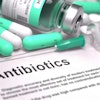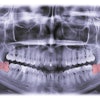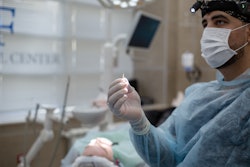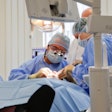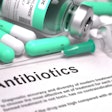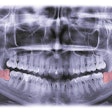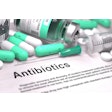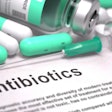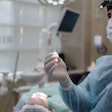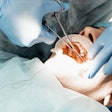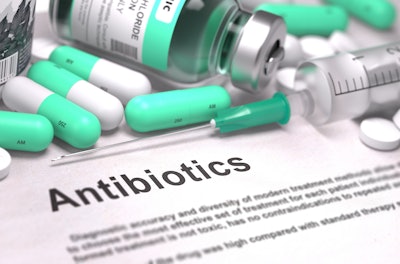
Harvard Medical School researcher Johan Paulsson, PhD, plans to lead a $104 million project that will study bacterial behavior and antibiotic resistance.
The U.S. Department of Health and Human Services-sponsored project will develop new microscopy, microfluidics, single-cell assays, and machine-learning tools to identify bacteria and understanding their behavior. The project will be funded by a new initiative called the Advanced Research Projects Agency for Health and will include scientists from 25 research groups across the U.S. and the U.K. The intention is to translate new technology into tools clinicians can use to quickly and accurately diagnose bacterial infection from blood samples and to develop new antibiotics.
“What makes this [project] novel is not that 25 research groups are funded to study antibiotic resistance, but that 25 groups with expertise in optics, mathematics, microbiology, and medicine can come together and do that as one coordinated team," Paulsson said in a press release issued by Harvard Medical School.
Bacterial infections are the second leading cause of death around the world. That many bacteria have developed resistance to antibiotics presents a serious problem, the university noted, making "even the most routine procedures such as dental surgeries, cesarean sections, and appendectomies much riskier, and more complex surgeries such as organ transplants nearly impossible," according to the press release.
"The fight against antibiotic-resistant bacteria has stalled …[and] progress has been slow in developing new classes of antibiotics that work against resistant bacteria," Harvard said.
Paulsson's interest in the project was prompted by his own experience with an unknown infection that rapidly progressed to sepsis.
“[The infection] got serious fast, and I was lucky that the third antibiotic worked," he said. "I asked [the doctors], why don’t you just look at the blood agnostically and see what’s physically in there, instead of identifying specific genes, and they said, oh no, we can't do that, we can only ask specific questions,'" Paulsson said.
A combination of microfluidic-based tools, modern microscopy methods, and machine learning could be more effective at diagnosing bacterial infection, Paulsson hypothesized.
"Right now, we can't diagnose people quickly or agnostically enough," he said. "In principle, we think we can develop technology to carry out the whole process in minutes -- starting the moment the sample is taken, and not waiting for bacteria to be cultivated and isolated."


